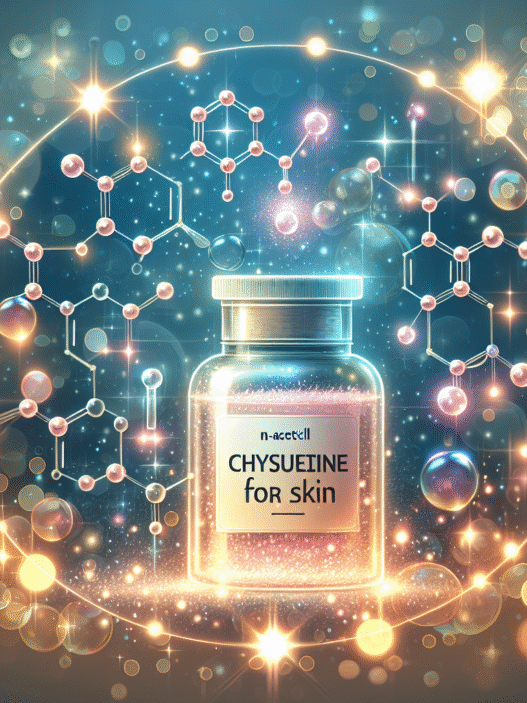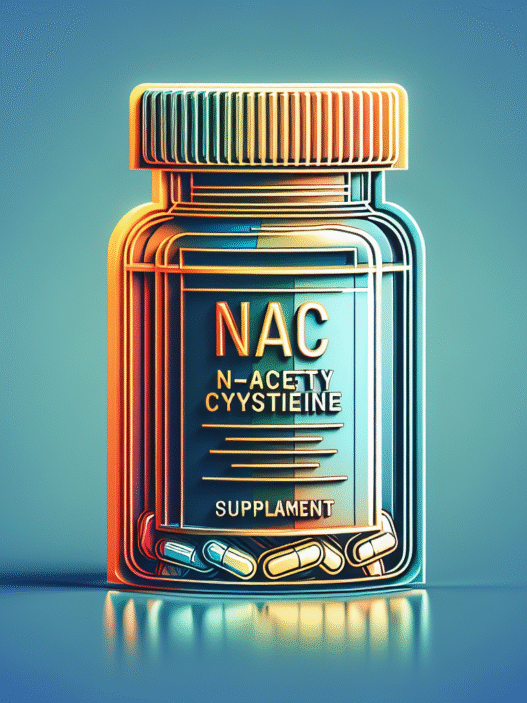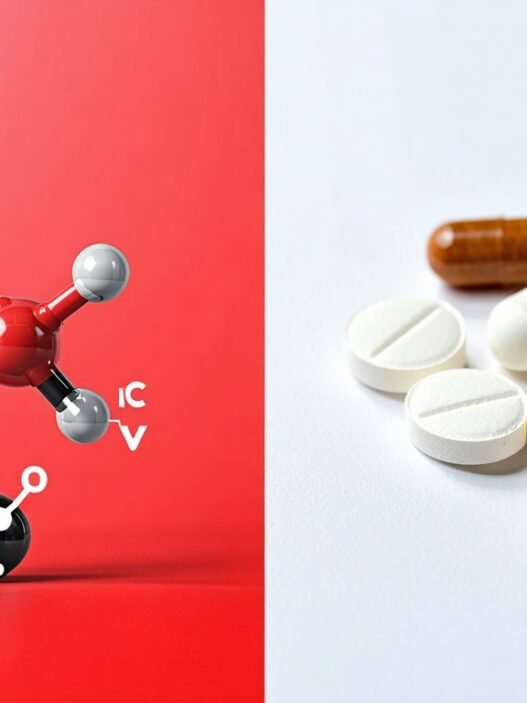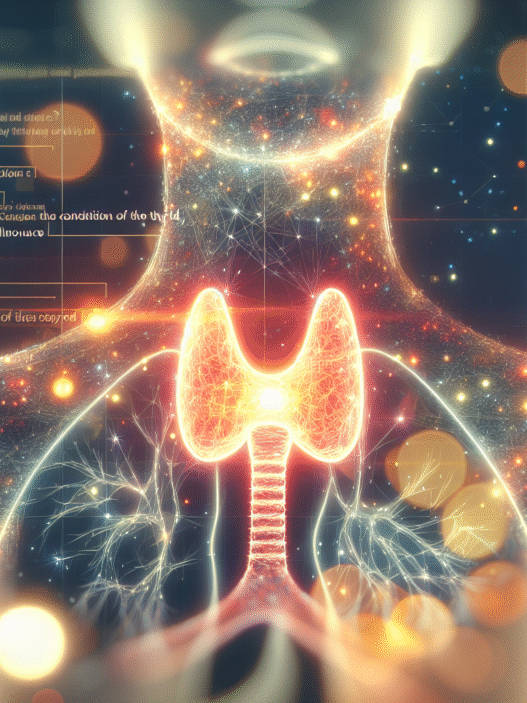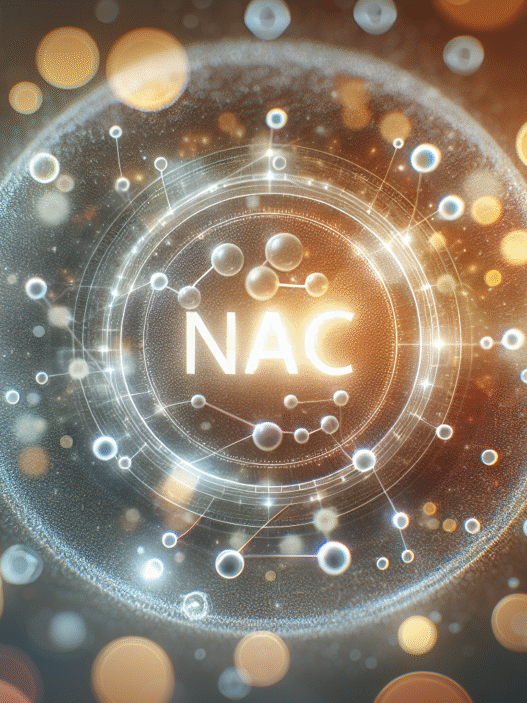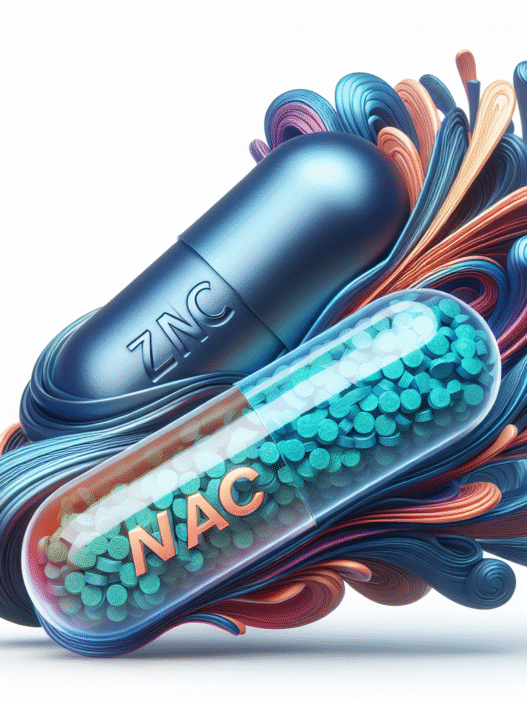Understanding N-Acetyl Cysteine (NAC)
Introduction to NAC
N-acetylcysteine (NAC) is a powerful compound recognized for its antioxidant and anti-inflammatory properties. It serves as a precursor to glutathione, a critical antioxidant in the body. By increasing intracellular levels of glutathione, NAC plays a vital role in combating oxidative stress and inflammation, which are often underlying factors in various chronic diseases. The safety profile of NAC is well-established, with toxicity being rare and primarily dependent on the method of administration and high dosages.
Despite its low bioavailability—ranging between 4-9.1%—NAC is still considered effective for delivering therapeutic benefits, especially in its role as a potential treatment option for various medical conditions. This makes NAC a valuable supplement for individuals concerned about liver health, detoxification, and overall longevity.
Mechanism of Action
The therapeutic efficacy of NAC is primarily attributed to its ability to enhance glutathione production in the liver. When NAC is ingested, a significant portion is metabolized by the liver for this purpose. The half-life of NAC is approximately 6.25 hours, indicating that frequent administration may be required for sustained benefits.
In addition to boosting glutathione levels, NAC can oxidize to form various metabolites, including N,N’-diacetylcystine. This process contributes to its effectiveness as a chelator for heavy metals and nanoparticles, aiding in detoxification.
NAC has demonstrated potential in treating a variety of conditions—ranging from liver support, through its use as an antidote for acetaminophen overdose, to benefits in mental health disorders such as bipolar illness and schizophrenia (PubMed).
For detailed information on the benefits of NAC, refer to our article on n-acetyl cysteine benefits. The knowledge surrounding NAC solidifies its position as a vital supplement for those seeking detoxification and anti-aging solutions, positioning it among the notable options for nac for longevity and overall health improvement.
NAC Dosage Recommendations
Understanding the proper dosages of N-Acetyl Cysteine (NAC) is crucial for reaping its potential health benefits while minimizing risks. The following guidelines outline safe dosage levels and maximum recommended dosages based on research and clinical practices.
Safe Dosage Guidelines
For general use, the safe dosage of N-Acetyl Cysteine typically ranges from 600 to 1,800 milligrams daily. These levels are commonly recommended in medical treatments, guided by a healthcare provider, depending on the intended purpose of supplementation. In certain studies, researchers have administered doses of up to 3,000 milligrams daily, divided into two or three separate intakes (WebMD).
| Purpose of Use | Typical Dosage (mg/day) |
|---|---|
| General Health | 600 – 1,800 |
| Research Studies | Up to 3,000 |
| COPD Prevention | Physician-directed |
Maximum Recommended Dosage
While NAC offers several health benefits, excessive dosages can lead to harmful effects. Doses of 7 grams (7,000 mg) or more can potentially damage cells and may risk kidney harm or life-threatening complications if taken over a short period (WebMD). Therefore, it’s vital to adhere to recommended guidelines.
| Dosage Level | Potential Risks |
|---|---|
| ≤ 1,800 mg | Generally safe |
| 3,000 mg | Monitored use under medical supervision |
| ≥ 7,000 mg | Risk of serious health issues |
Individual requirements may differ, and it is essential for anyone considering NAC supplementation to consult with a healthcare professional to determine the most appropriate regimen based on their health condition and goals. For more details about the benefits of NAC, visit our articles on n-acetyl cysteine benefits and nac supplement benefits.
Health Benefits of NAC
N-Acetyl Cysteine (NAC) offers numerous health benefits, particularly in supporting organ function and enhancing overall wellness. This section discusses the advantages of NAC in liver and kidney health, its anti-aging properties, and its mental health benefits.
Liver and Kidney Support
NAC is known for its potential to improve liver and kidney function. It accelerates the breakdown process of drugs and toxins, which can be particularly beneficial for individuals suffering from liver or kidney diseases. Doctors often administer intravenous NAC to help prevent or reduce damage in these organs, especially cases involving acetaminophen overdose Healthline. Following established protocols, NAC can restore glutathione levels, crucial for preventing irreversible liver damage.
| Function | NAC Benefit |
|---|---|
| Liver Function | Aids in detoxifying harmful substances |
| Kidney Function | Supports breakdown of drugs and toxins |
Anti-aging Properties
Research indicates that NAC possesses anti-aging properties, making it a candidate for longevity seekers. It acts as a potent antioxidant, combating oxidative stress that contributes to aging. The antioxidant properties of NAC help in neutralizing free radicals that can damage cells, thus potentially extending cellular life. Studies have shown that NAC may support healthier skin appearance, improving issues like wrinkles and skin elasticity. For more information about focusing on skin, see our article on n-acetyl cysteine for skin.
| Anti-aging Aspect | NAC Benefit |
|---|---|
| Oxidative Stress Response | Neutralizes free radicals |
| Skin Health | Improves elasticity and reduces wrinkles |
Mental Health Benefits
NAC has been studied for its potential benefits on mental health. It may play a role in reducing symptoms of certain mental health conditions by modulating glutamate levels in the brain, which is essential for mood regulation. Research also suggests that regular NAC supplementation may provide support in managing chronic conditions, leading to overall enhancements in mental well-being. For additional insights into the mental health benefits of NAC, explore our article on nac supplement benefits.
| Mental Health Condition | NAC Benefit |
|---|---|
| Mood Regulation | Helps in glutamate modulation |
| Chronic Conditions | May reduce symptoms related to mental health |
NAC provides a multifaceted approach to health, particularly for those concerned with liver function, anti-aging, and mental well-being. Users are encouraged to consider the potential health advantages highlighted above while consulting healthcare providers for personalized recommendations. For more details on NAC’s numerous benefits, visit our dedicated section on n-acetyl cysteine benefits.
Potential Interactions of NAC
N-Acetyl Cysteine (NAC) is known for its potential health benefits, but it can also interact with certain medications, which may influence its effectiveness. It is important to understand these interactions for safe supplementation.
Medication Interactions
NAC can interact with various medications, which may affect how well it works or lead to unwanted side effects. Some of the significant medications that may interact with NAC include:
| Medication Type | Examples | Interaction Effects |
|---|---|---|
| Antibiotics | Oxytetracycline, Tetracycline, Trypsin | May reduce efficacy of antibiotics |
| Activated Charcoal | – | Can absorb NAC, reducing its effectiveness |
| Nitroglycerin | – | Possible increase in side effects from nitroglycerin |
Consultation with a healthcare provider is essential if one is taking NAC supplements along with these medications to ensure safety and maintain efficacy.
Impact on Efficacy
The bioavailability of NAC is relatively low, meaning that it is not easily absorbed by the body at lower doses. The accepted daily dose ranges from 600 to 1,800 mg. This low absorptive capacity could potentially hinder its effectiveness, especially if taken alongside certain medications that further diminish its absorption.
Moreover, calculation errors while preparing NAC infusions can lead to dosage discrepancies, with some doses varying by over 50% from the intended amount (PubMed Central). This underscores the importance of precise dosing to achieve the desired therapeutic effects.
Understanding the potential interactions and bioavailability issues of NAC is vital for individuals concerned about liver health, detoxification, and those seeking longevity-related benefits. For more information about the benefits of NAC, check out our article on n-acetyl cysteine benefits and explore its implications for anti-aging in nac for anti-aging.
Bioavailability and Absorption of NAC
Understanding the bioavailability and absorption of N-acetyl cysteine (NAC) is essential for maximizing its health benefits.
Absorption Rates
NAC has relatively low bioavailability when taken as an oral supplement. Studies indicate that the bioavailability ranges from 4% to 10%. This means that only a small percentage of the ingested NAC is absorbed into the bloodstream. For effective use, a daily dosage of at least 1,200 mg is often recommended to achieve significant benefits (Healthline; PubMed).
The following table summarizes the bioavailability and recommended dosage:
| Administration Method | Bioavailability | Recommended Daily Dose |
|---|---|---|
| Oral | 4% – 10% | 1,200 mg – 1,800 mg |
| Intravenous | High | Varies based on condition |
NAC reaches its maximum plasma concentration (Cmax) approximately 1 to 2 hours after oral ingestion. In contrast, intravenous administration achieves a significantly higher Cmax, averaging 554 mg/L following a dosage of 150 mg/kg over 15 minutes (PubMed Central).
Metabolism Pathways
After ingestion, NAC undergoes extensive metabolism, primarily in the liver. It is utilized for the synthesis of glutathione, a critical antioxidant in the body. The metabolism pathways also include oxidation to N,N’-diacetylcystine and other metabolites, which contribute to its detoxification processes. Research indicates that around 30% of NAC is cleared through the kidneys and excreted in urine, while approximately 3% is expelled in feces (PubMed Central).
In summary, while NAC presents challenges regarding absorption and bioavailability, its metabolism shows its vital role in maintaining health and supporting detoxification processes in the body. For individuals seeking to enhance their health with NAC, it’s beneficial to understand these factors, as they provide insight into how to optimize dosage for desired outcomes. The antioxidant properties of NAC significantly contribute to its health benefits and potential applications in anti-aging (nac for anti-aging).
Ongoing Research on NAC
N-Acetyl Cysteine (NAC) continues to draw interest from the scientific community due to its diverse potential applications in health and medicine. Research is ongoing to explore its effectiveness in various areas.
Emerging Research Areas
Current studies are focused on the role of NAC in treating a range of infectious diseases, particularly in patients with Acquired Immunodeficiency Syndrome (AIDS) and tuberculosis. Research indicates that NAC may help reduce the decline in CD4 count among AIDS patients and improve outcomes in those with tuberculosis (PubMed).
Additionally, NAC is being investigated for its benefits in lung disorders. Studies have shown promising results in conditions like cystic fibrosis and chronic obstructive lung disease (COPD). NAC has been observed to modulate inflammation, improve glutathione levels, and enhance lung function in cystic fibrosis patients. In COPD, it appears to reduce oxidative damage and exacerbations (PubMed).
NAC is also being evaluated as a potential preventative treatment for contrast-induced nephropathy in patients with chronic renal insufficiency. However, recent studies indicate that it may not offer additional benefits in preventing this condition during cardiac angiography.
Future Potential Applications
Looking ahead, NAC’s role in managing respiratory conditions is gaining attention, particularly its efficacy in treating acute respiratory diseases. Clinical evaluations have indicated that NAC may be beneficial for patients suffering from chronic obstructive bronchitis, highlighting its potential as a therapeutic agent in respiratory care (Critical Care Medicine).
In addition to these applications, NAC is being explored for its anti-aging properties and its impact on skin health. Studies support its antioxidant effects, suggesting it may play a beneficial role in skin rejuvenation and overall longevity. As research progresses, the future potential of NAC in various health contexts appears promising, spanning from detoxification support to enhancing skin health and combating age-related decline.
Continued exploration of NAC’s properties may reveal even more applications, making it a compound to watch in the fields of health and wellness.














